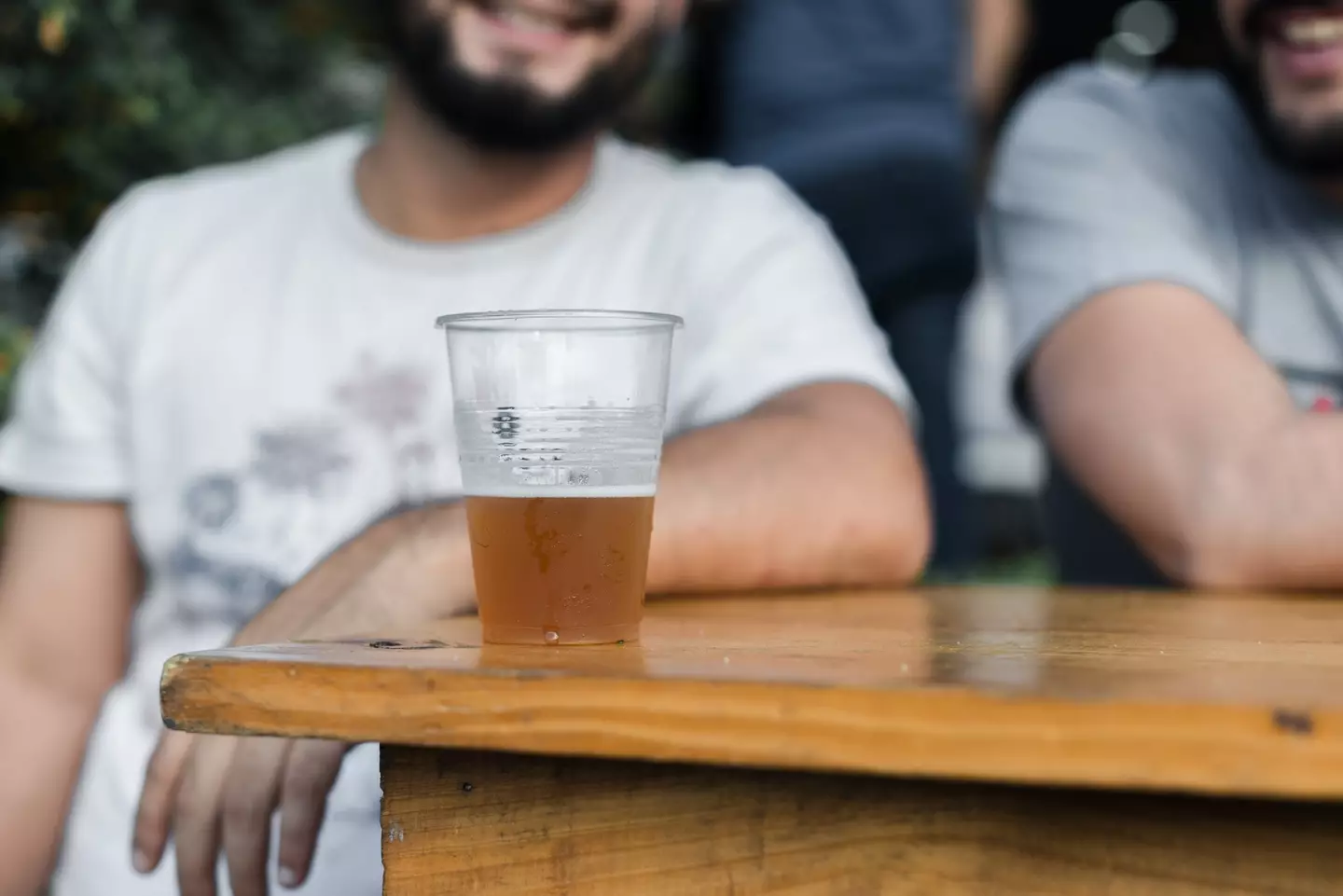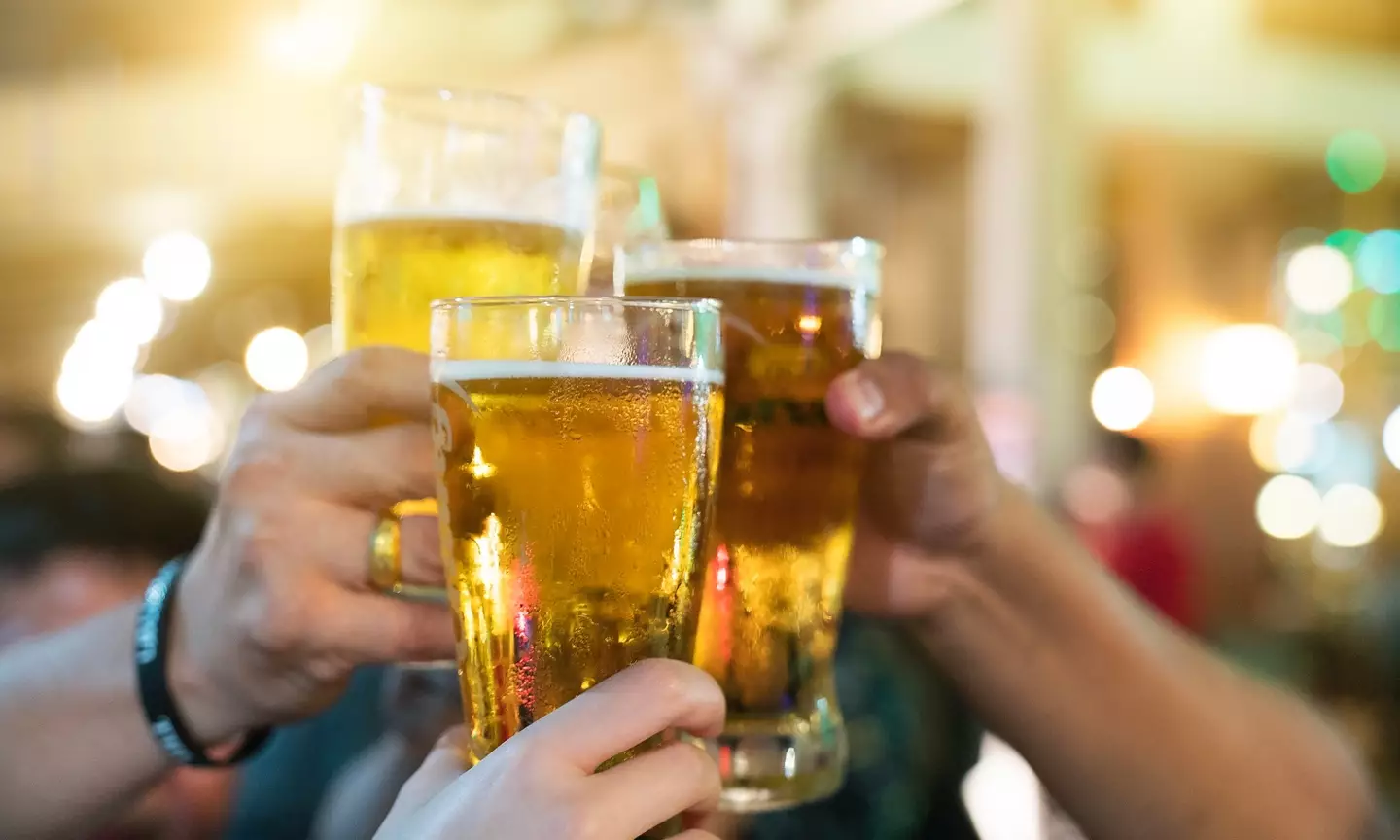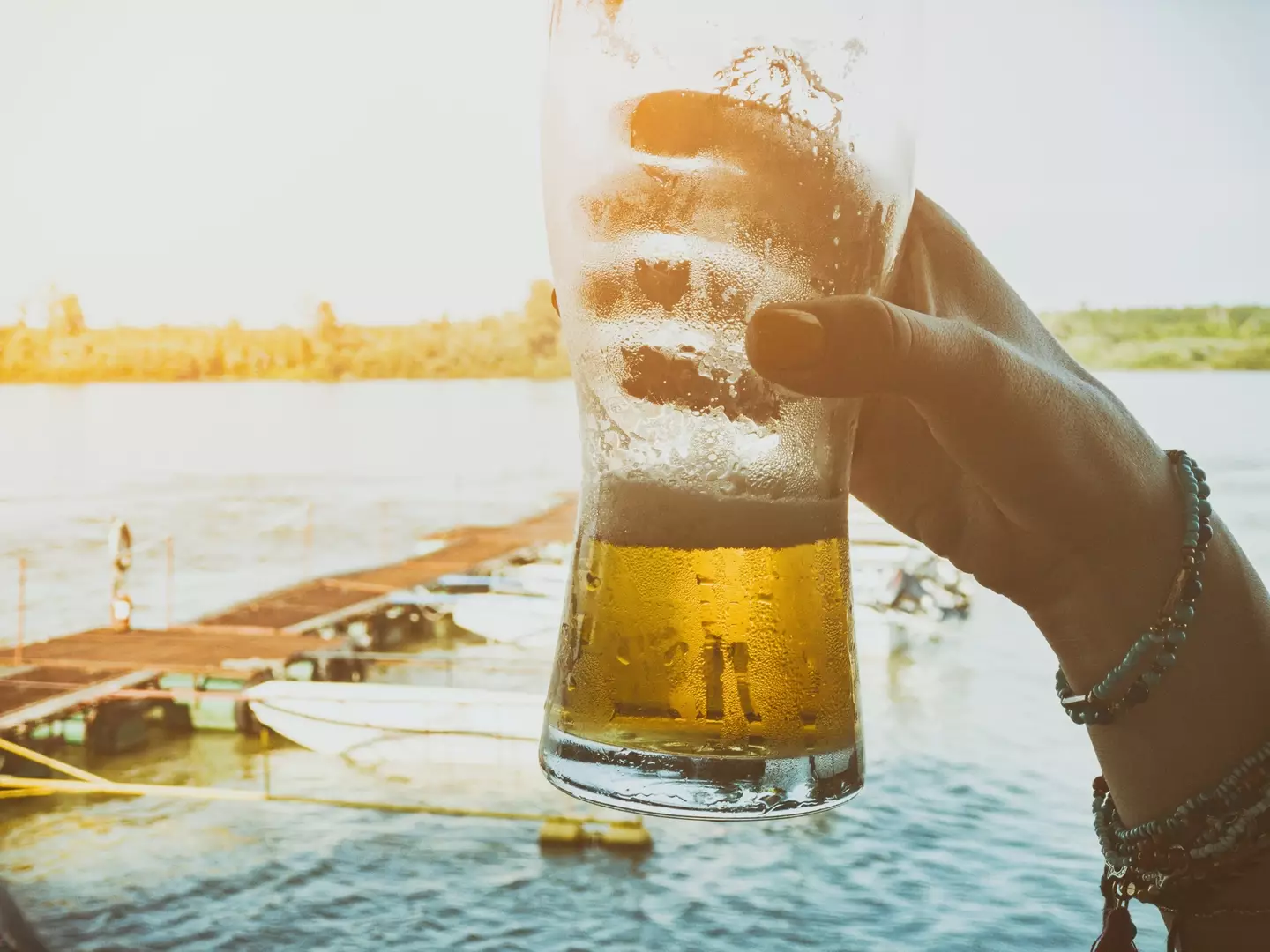.png)
The reasons behind why people take part in Dry January vary; some do it with their mates to see who can last the longest while others want a health reset after indulging over the Christmas and New Year period.
But as the month draws to a close and people gear up to get back on the booze again, for some, Dry Jan could have acted as a way to think about their relationship with alcohol.
Over on AlcoholChange.org.uk, they advise: "It's worth taking a bit of time to think about why you did Dry January and what you got from it.
Advert
"Really figuring out WHY you use alcohol helps. Then looking at WHY you did Dry January. What is it about a sober life that appeals to you?"
After all, alcohol addiction is like any other substance that people can get addicted to - you might not even realise the grip it has on you.
In fact, the UK Addiction Treatment Centres says that alcohol addiction can be 'one of the most difficult addictions to recognise within yourself and other people'.
With that in mind, here are 10 things to look out for when it comes to identifying potential drinking problems with yourself or those you love, according to experts at substance abuse recovery centre Bradford Health Services.

Social life and drinking
Many of us have taken part in social drinking; it has formed a part of the British psyche for centuries.
But the problem comes about when you have a social event, such as a house party or pub crawl, and someone is there from the off or even early, sitting there with a drink in hand.
They will suggest having a drink at every social event they're at, to the point where the reason behind the meet-up becomes secondary to the ability to drink.
Getting all defensive
Those with a reliance on alcohol don't take well to being questioned about how much they might consume.
There will have been countless situations where a loved one casually mentions how much they are drinking only to receive a cold, hostile response.
It can see people get irritated when any mention of potentially drinking too much is brought up, and they'll usually try and bring up a form of reasoning to justify what they drink.

Tolerance levels are high
A good few shots of our favourite alcoholic beverage is enough to make most of us feel a little woozy and worse for wear.
But if you aren't feeling those effects, it could be a sign of a problem especially if multiple drinks are being put away without feeling or acting drunk.
The problem here is that tolerance grows with time so the problem can get worse, slowly, and without realising.
It'll leave those with a problem needing to drink more and more to get to the level desired.
Stress relief
If you find yourself feeling frustrated or stressed about work, and you crave a drink to relieve the pressure, it's could be a problem.
And it isn't to say these people are seemingly unhealthy - they could regularly exercise - but using drink as a way to regularly escape from everyday life might need addressing.
Day drinking
A more obvious and stereotypical sign of alcohol addiction is drinking or thinking about drinking while most of us go to work.
Some take their addiction further by bringing alcohol to their workplace on the sly.
Often those partaking in these extreme measures will try and mask their addiction, such as consuming multiple pieces of gum to hide the smell on their breath.

Consequences of drinking
Even when drinking has caused problems, some may still try and deny the real cause of their addiction.
Whether that's drink driving or falling over drunk and breaking a bone, the issue is never put down as being addiction.
There may always be an excuse rather than accepting the problem and the cause.
A change in personality
People can be completely different when they drink.
Those who are quiet in their normal life can become loud and boisterous.
If you're closed off you might tell all your secrets. For some, aggression and violence play a part.
All of these situations are worth monitoring.

No limit
Most of us have a limit where we know we're on our last pint and it's time to call it a day.
But it's a moment that not everyone can get too easily, or at all.
Even if you say you're 'only having the one tonight' the evening can end up with a bottle of wine and a few beers consumed.
You also might not be ready to go home when everyone else is done for the evening.

Withdrawal symptoms
Nausea, sweating, or a rapid heartbeat are classic symptoms for someone with alcohol addiction who suddenly stops having a drink.
The craving to fix the problem is alcohol.
Impulsive decision-making
Making risky decisions while drinking is a tell-tale sign you might have a problem.
A common example of this is driving drunk despite knowing you've had more than the legal limit. You say you feel fine or you're a good driver, despite knowing alcohol slows down reaction times.
Another would be throwing punches which you would never do when you're sober.
If you want to discuss any issues relating to alcohol in confidence, contact Drinkline on 0300 123 1110, 9am–8pm weekdays and 11am–4pm weekends for advice and support.
Or alternatively, visit drinkaware.co.uk/alcohol-support-services
Topics: Food And Drink, Health, News, Science, UK News, Dry January